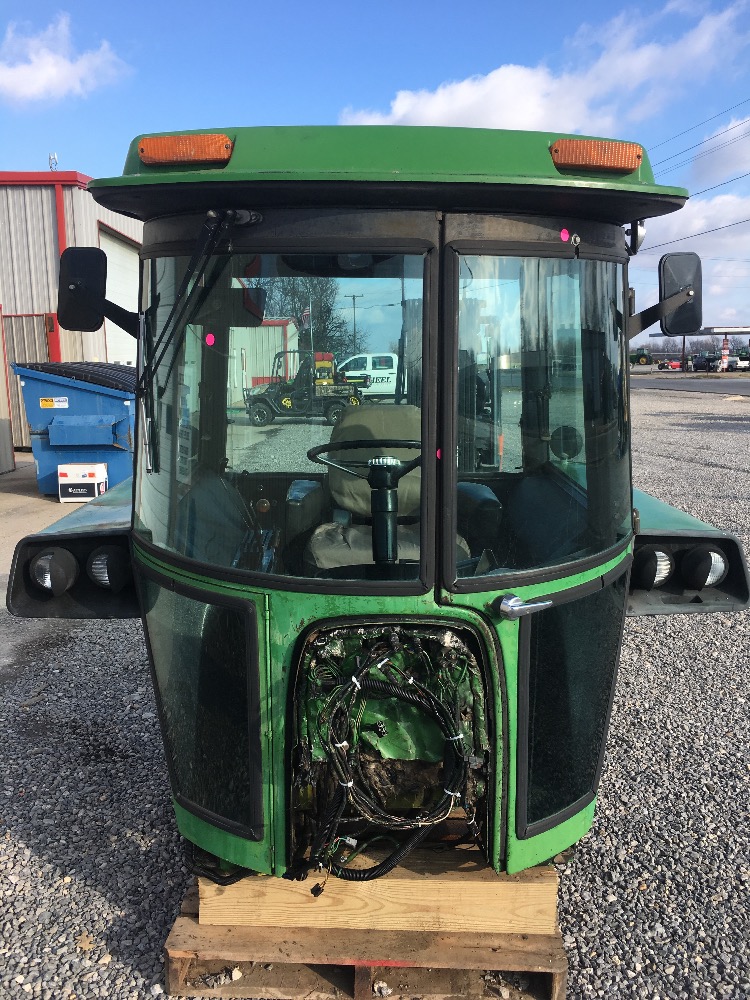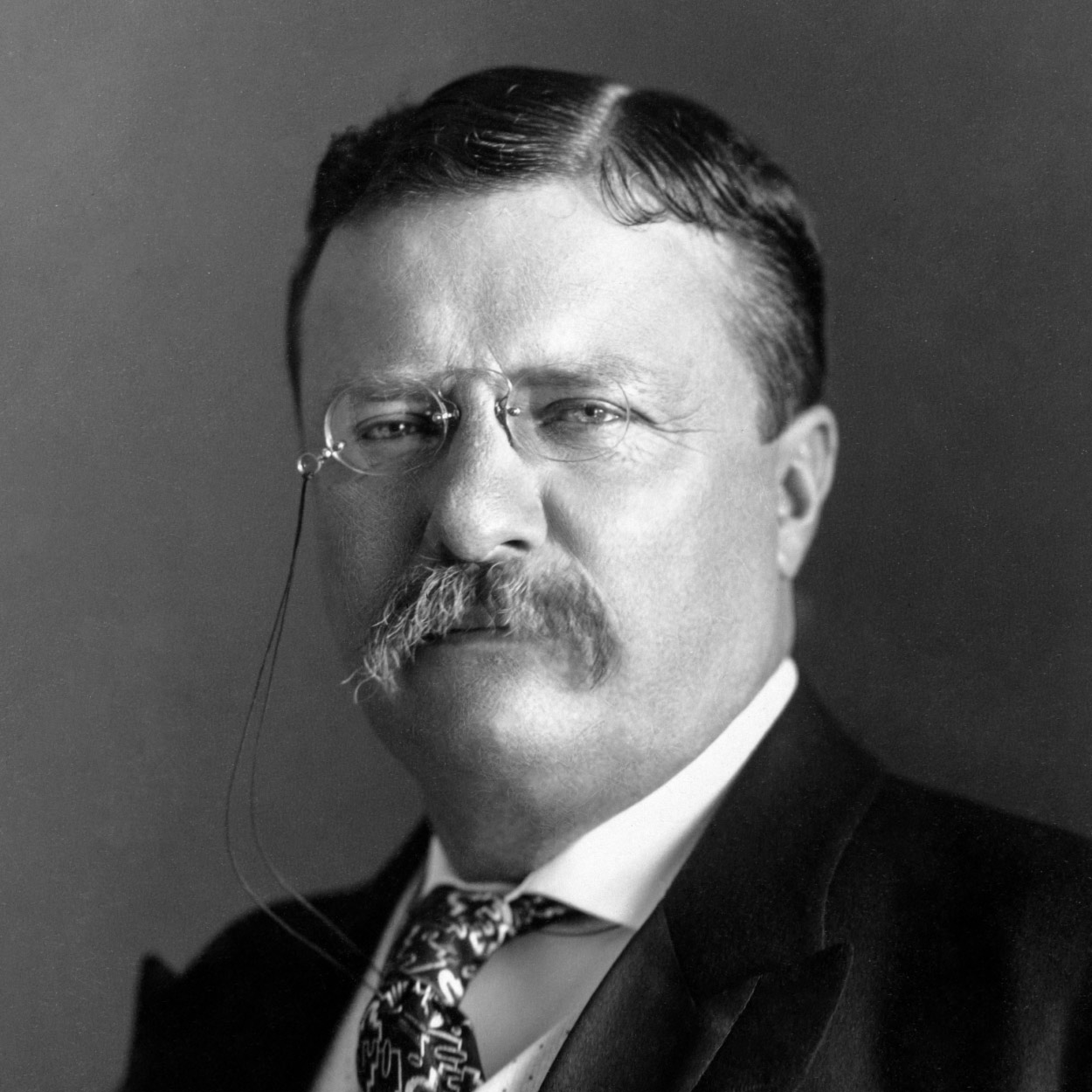|
|
Post by billhammond on Jan 6, 2020 10:13:21 GMT -5
By Adam Belz / Star Tribune
Kris Folland grows corn, wheat and soybeans and raises cattle on 2,000 acres near Halma in the northwest corner of Minnesota, so his operation is far from small. But when he last bought a new tractor, he opted for an old one — a 1979 John Deere 4440.
He retrofitted it with automatic steering guided by satellite, and he and his kids can use the tractor to feed cows, plant fields and run a grain auger. The best thing? The tractor cost $18,000, compared to upward of $150,000 for a new tractor. And Folland doesn’t need a computer to repair it.
“This is still a really good tractor,” said Folland, who owns two other tractors built before 1982.
“They cost a fraction of the price, and then the operating costs are much less because they’re so much easier to fix,” he said.
Tractors manufactured in the late 1970s and 1980s are some of the hottest items in farm auctions across the Midwest these days — and it’s not because they’re antiques.
Cost-conscious farmers are looking for bargains, and tractors from that era are well-built and totally functional, and aren’t as complicated or expensive to repair as more recent models that run on sophisticated software.
“It’s a trend that’s been building. It’s been interesting in the last couple years, which have been difficult for ag, to see the trend accelerate,” said Greg Peterson, the founder of Machinery Pete, a farm equipment data company in Rochester with a website and TV show.
“There’s an affinity factor if you grew up around these tractors, but it goes way beyond that,” Peterson said. “These things, they’re basically bulletproof. You can put 15,000 hours on it and if something breaks you can just replace it.”
BigIron Auctions, a Nebraska-based dealer that auctioned 3,300 pieces of farm equipment online in two days last month, sold 27 John Deere 4440 tractors through 2019.
The model, which Deere built between 1977 and 1982 at a factory in Waterloo, Iowa, was the most popular of the company’s “Iron Horse” series of tractors, which used stronger and heavier internal components to support engines with greater horsepower. The tractors featured big, safe cabins, advancing a design first seen in the 1960s that is now standard.
A sale of one of those tractors in good condition with low hours of use — the tractors typically last for 12,000 to 15,000 hours — will start a bidding war today. A 1980 John Deere 4440 with 2,147 hours on it sold for $43,500 at a farm estate auction in Lake City in April. A 1979 John Deere 4640 with only 826 hours on it sold for $61,000 at an auction in Bingham Lake in August.
“Those older tractors that had good care and good maintenance, that’s good property,” said Mark Stock, co-founder of BigIron.
The tractors have enough horsepower to do anything most farmers need, and even at a record price like the $61,000 the tractor in Bingham Lake fetched, they’re a bargain compared to what a farmer would pay for a newer tractor with similar horsepower.
The other big draw of the older tractors is their lack of complex technology. Farmers prefer to fix what they can on the spot, or take it to their mechanic and not have to spend tens of thousands of dollars.
“The newer machines, any time something breaks, you’ve got to have a computer to fix it,” Stock said.
There are some good things about the software in newer machines, said Peterson. The dealer will get a warning if something is about to break and can contact the farmer ahead of time to nip the problem in the bud. But if something does break, the farmer is powerless, stuck in the field waiting for a service truck from the dealership to come out to their farm and charge up to $150 per hour for labor.
“That goes against the pride of ownership, plus your lifetime of skills you’ve built up being able to fix things,” Peterson said.
The cheaper repairs for an older tractor mean their life cycle can be extended. A new motor or transmission may cost $10,000 to $15,000, and then a tractor could be good for another 10 or 15 years.
Folland has two Versatile 875s manufactured in the early 1980s in Winnipeg and bought a John Deere 4440 last year with 9,000 hours on it, expecting to get another 5,000 hours out of it before he has to make a major repair.
“An expensive repair would be $15,000 to $20,000, but you’re still well below the cost of buying a new tractor that’s $150,000 to $250,000. It’s still a fraction of the cost,” Folland said. “That’s why these models are so popular. They’ve stood the test of time, well built, easy to fix, and it’s easy to get parts.”
He also said the modifications to newer diesel engines on tractors can cause mechanical problems, and the carbon footprint of an older tractor can be mitigated by using biodiesel, which is produced from soybeans grown in Minnesota and extends the life of an engine because it includes better lubricants than conventional diesel fuel.
Combine all that with nostalgia for the tractors of a farmer’s youth, and 30- or 40-year-old tractors are in high demand. That’s a shift from 30 years ago, Peterson said.
In 1989, 30-year-old tractors really were antiques. A 1959 tractor at that point would have sold for $2,000 or $3,000 and looked like a different species from the tractors in operation in the 1980s.
But tractors from the 1970s and 1980s aren’t so dramatically different from tractors produced in the 2000s, other than the irksome software, and at a time when farmers are struggling financially, older tractors can make a lot of business sense.
Folland said his corn crop was better than the Minnesota average in 2019, despite the fact that he farms on the Canadian border and uses 40-year-old equipment.
“The main reason we do this is to make money,” Folland said. “Older equipment is a way to reduce your cost per bushel to become more profitable.”
|
|
|
|
Post by lar on Jan 6, 2020 10:26:30 GMT -5
Excellent article.
Lately, I've started watching a tractor auction on the RFD channel on Saturday mornings. I've been kind of amazed at the prices antique tractors fetch. They are far more economical than antique cars.
Back in the mid-60s I put a lot of hours on a John Deer 4010 and a John Deer 4020. They weren't huge by today's standards but they could easily pull a 5-bottom plow or a 24' disc. The farmer I worked for farmed several sections of land and those tractors were right-sized for that kind of farming. They can be had for a small fraction of today's models and they are workhorses. They have few mechanical problems and they are economical to maintain and repair.
It's nice to see that some of the older equipment still has a place on the farm.
|
|
|
|
Post by epaul on Jan 6, 2020 11:54:33 GMT -5
JD 4440  |
|
|
|
Post by epaul on Jan 6, 2020 11:59:19 GMT -5
Farming Insider: The roundish cab introduced by JD with the 44 series became known fondly as "the fruit jar cab".  |
|
|
|
Post by Russell Letson on Jan 6, 2020 12:11:53 GMT -5
I don't follow this all that closely, but I recall reading that maintaining and repairing modern equipment gets tied to the manufacturer via software patents and user agreements, just like Apple products--you can't fix your own gear.
|
|
|
|
Post by millring on Jan 6, 2020 12:35:42 GMT -5
What a great article.
I remember when I was a kid spending days on John Ashby's dad's farm. The acreage that used to be that farm is now a sprawling Indianapolis northside neighborhood of small mansions. But when they owned it in the 50s-70s it was just a small working farm. And from the time John was 10 years old, he already knew what he wanted to do for life.
I remember going to a farm auction with John's family. All the shiny new tractors caught my eye. I didn't know what I was looking at. But John (maybe 12 years old at the time) was seriously looking at what looked to me like total junk. He set me straight. He was looking for a tractor with low hours and well-maintained. I've thought about the contrasting views -- one who knew what he was looking at, and one who didn't.
John did end up a farmer, too.
|
|
|
|
Post by billhammond on Jan 6, 2020 13:54:44 GMT -5
Finally, the press has done something right! |
|
|
|
Post by aquaduct on Jan 6, 2020 14:08:44 GMT -5
I don't follow this all that closely, but I recall reading that maintaining and repairing modern equipment gets tied to the manufacturer via software patents and user agreements, just like Apple products--you can't fix your own gear. Right. It's been a huge issue in recent years. Deere (pretty much exclusively that I know of) claims that the software to run the tractor still belongs to them, rather than the tractor owner. That's a major fence post to ram up your customer's asses. Looks like customers are finding their own ways around it. |
|
|
|
Post by jdd2 on Jan 6, 2020 17:00:31 GMT -5
|
|
|
|
Post by Village Idiot on Jan 6, 2020 18:45:34 GMT -5
What do you think of a Farmall F 30, Epaul? We got one for my father-in-law 20 years ago. He got it running, was going to paint it up for parades, but he suddenly died. It's been sitting in a garage for years. I don't know if it would start, but I bet you could turn the hand crank a couple times.
|
|
|
|
Post by Don Clark on Jan 6, 2020 19:11:50 GMT -5
When I was working for a friend on his farm, my "office" was a JD 8450 articulated 4WD like this.....
and mostly pulling a 35 ft. wide undercutter "sweep" plow.....
|
|
|
|
Post by Don Clark on Jan 6, 2020 19:21:52 GMT -5
For lighter duty jobs like pulling a small 16 ft. grain "drill", planting wheat or milo, this was fun to use. Had a ragtop for shade.
IH 560 Farmall
|
|
|
|
Post by drlj on Jan 6, 2020 19:52:30 GMT -5
Prime Time Tractors. Great country band. I saw them open for the Drive By Truckers one night.
PT2, as they were known to their fans, were just a bunch of small town farm boys but, when they had it in gear, they could plow any other band under the topsoil.
That green and yellow color scheme they used for their band suits was a little hard on the eyes but they wore it well.
|
|
|
|
Post by epaul on Jan 6, 2020 19:56:42 GMT -5
What do you think of a Farmall F 30, Epaul? We got one for my father-in-law 20 years ago. He got it running, was going to paint it up for parades, but he suddenly died. It's been sitting in a garage for years. I don't know if it would start, but I bet you could turn the hand crank a couple times. You're kidding! You've got a F-30? They are golden! Last one I saw at an auction went for over twenty grand. And that was before Willard Pflubottom came out with his moving documentary, "Me and My F-30: The story of a boy and his tractor." (soon to be on Netflix). I don't even want to guess what an F30 would go for now, but sheesh, if it isn't at least double that twenty grand, I'll be a hornswaggled tree lizard! Talk to a good auctioneer outfit and find the right sales venue. You got gold in that garage! |
|
|
|
Post by epaul on Jan 6, 2020 19:58:59 GMT -5
|
|
|
|
Post by drlj on Jan 6, 2020 20:01:33 GMT -5
I think F-30 in the Garage is the 4th song on the 2nd CD by Prime Time Tractors.
|
|
|
|
Post by Village Idiot on Jan 6, 2020 23:10:59 GMT -5
What do you think of a Farmall F 30, Epaul? We got one for my father-in-law 20 years ago. He got it running, was going to paint it up for parades, but he suddenly died. It's been sitting in a garage for years. I don't know if it would start, but I bet you could turn the hand crank a couple times. You're kidding! You've got a F-30? They are golden! Last one I saw at an auction went for over twenty grand. And that was before Willard Pflubottom came out with his moving documentary, "Me and My F-30: The story of a boy and his tractor." (soon to be on Netflix). I don't even want to guess what an F30 would go for now, but sheesh, if it isn't at least double that twenty grand, I'll be a hornswaggled tree lizard! Talk to a good auctioneer outfit and find the right sales venue. You got gold in that garage! Or you can come down and get it. No hurry. To you, epaul, cheap. That thing will rot away unless you come and get it. Haul a trailer on the next ijam, seriously. |
|
|
|
Post by sidheguitarmichael on Jan 6, 2020 23:40:52 GMT -5
I am strangely mesmerized by this thread.
|
|
|
|
Post by david on Jan 7, 2020 0:19:20 GMT -5
I am not nearly as well versed as many on this board in terms of time in the seat of a tractor from Deere, Farmall, Ford, Allis Chalmers, Case, International, Massey Ferguson, Hesston, New Holland, or Kubota, but I have driven at last one of each of those brands.
The question is the future. What company is going to support your future equipment needs. Some have gone by the wayside, e.g. "Belarus." Deere does seem to be the logical USA choice as one of the most consistent and enduring brands. (Note that Deere is a client, so my view could be biased!)
Equipment providers come and go, but the question is whether there will be company there for future support. It is similar to your shopping for a car: you do not want to gamble on a company that will not be there to fix a problem?
|
|
|
|
Post by lar on Jan 7, 2020 8:58:31 GMT -5
I'm sure that Deere's policy regarding it's software and repairing it's tractors is a great money maker for the company. Hard on the customers though.
When I was pretty little dad had a John Deere A. At one time I think those things must have tilled most of Nebraska. At least they were common as flies in our neck of the woods. At any rate dad always had a pair of pliers and a screwdriver in a pocket of his bib overalls. Those and a Crescent wrench were just about all the tools needed to fix the engine on that tractor.
Getting repairs done quickly and on the spot was important for farmers who needed to get their work done.
|
|









